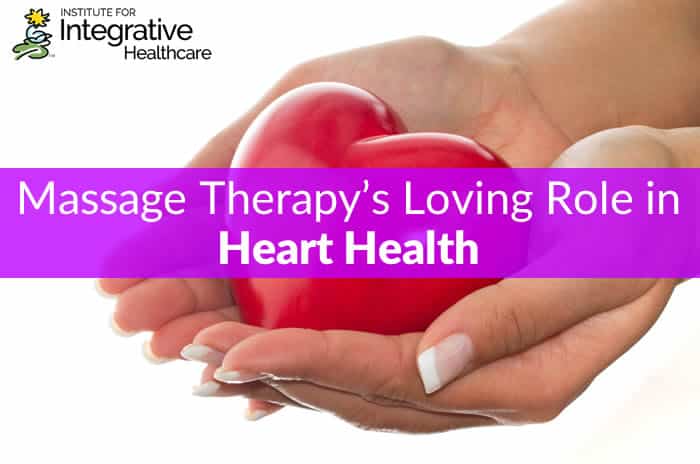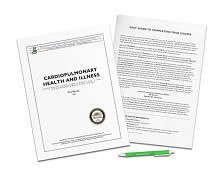

Last updated February 8, 2022
Heart Disease
Heart disease typically refers to conditions that impact the blood vessels such as coronary artery disease, heart rhythm problems (arrhythmias) and congenital heart defects that the patient is born with. Cardiovascular disease typically covers conditions such as blocked or clogged blood vessels, which can lead to chest pain (angina), heart attack or stroke.
There are many causes of heart disease, including congenital heart defects, coronary artery disease, diabetes, smoking, excessive alcohol consumption, high blood pressure, and stress. While there is little that can be done about congenital heart conditions, lifestyle choices often have significant impact on heart health. A healthy diet, avoiding drugs, alcohol, and smoking, and regular exercise can go a long way to maintaining a healthy heart.
Stress and Anxiety
Often, heart disease begins to develop as a result of long-term, chronic stress and anxiety. Stress and anxiety raise levels of stress hormones: adrenaline and cortisol. These hormones cause an increase in the rate of breathing, heart rate, and blood pressure. These reactions are to equip your body for the “flight-or-fight” response. When you are under stress for days, weeks or years at a time, this constant ramped up demand on the heart begins to cause serious damage. Studies also link stress to changes in the way blood clots, which increases the risk of heart attack.
Massage Can Help Manage Stress and Anxiety
Massage has been shown to be excellent in managing stress and anxiety because it addresses two important aspects of the condition:
- Lack of restorative sleep
- Pain from chronic muscle tension
Massage therapy has been proven to reduce stress and improve sleep quality and quantity in children, cancer patients and fibromyalgia sufferers. By improving sleep in patients suffering from stress and anxiety, the body is able to recover and the stress hormones adrenaline and cortisol are able to return to normal, if only temporarily.
Massage for Pain Relief
Massage has also been shown to significantly reduce pain levels for a variety of conditions from arthritis to chronic muscle pain from fibromyalgia. When we are in pain, the stress response is activated and cortisol and adrenaline are released, bringing on a state of stress. We begin to feel anxious and become unable to relax as we become more and more “wound up.” This stress response also puts a strain on the heart, eventually causing damage.
Studies on Massage for Stress, Pain and Heart Health
- Massage therapy, and Swedish massage in particular, has been shown in several studies to bring about a reduction of stress, anxiety, and pain, as well as improved sleep.
- A study of massage therapy on hypertensive women showed that over four weeks, Swedish massage therapy was shown to significantly reduce blood pressure and heart rate.
- Another study of children who had heart disease demonstrated that massage therapy was beneficial for those who had undergone heart surgery, reducing blood pressure and pain.
- In yet another study, massage was shown to bring about an average systolic pressure reduction of 10.4 mm Hg (p<0.06), a diastolic pressure reduction of 5.3 mm Hg (p<0.04), a mean arterial pressure reduction of 7.0 mm Hg (p<0.47), and an average heart rate reduction of 10.8 beats per minute (p<0.0003).
While many heart conditions cannot be avoided, massage therapy has been shown to significantly aid in reducing stress and anxiety in both congenital heart conditions, including those heart and cardiovascular conditions brought on by lifestyle factors.













